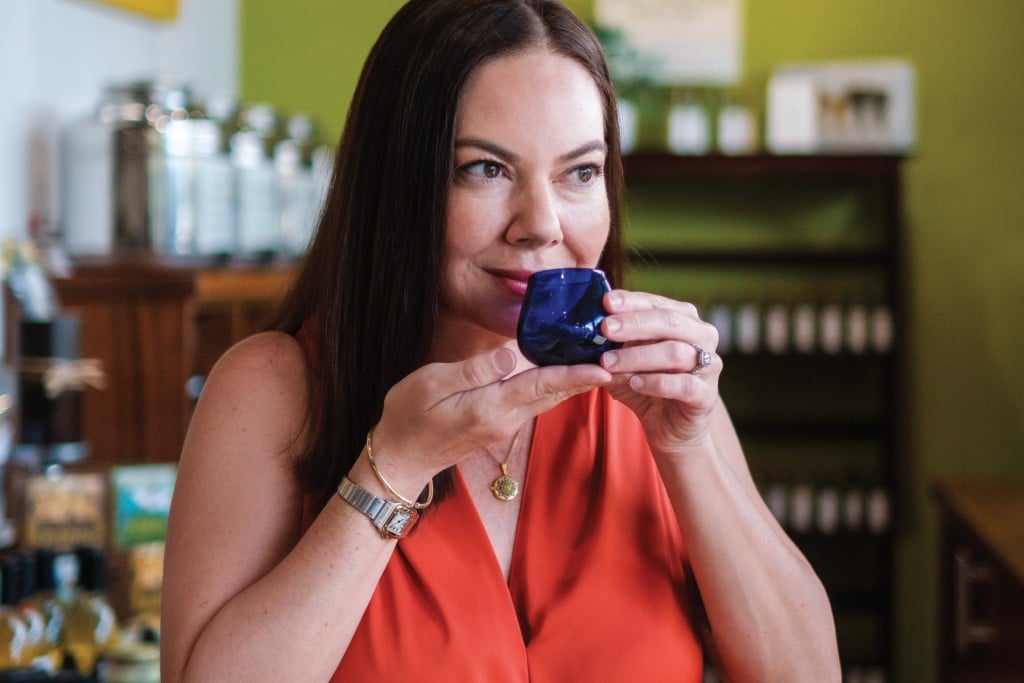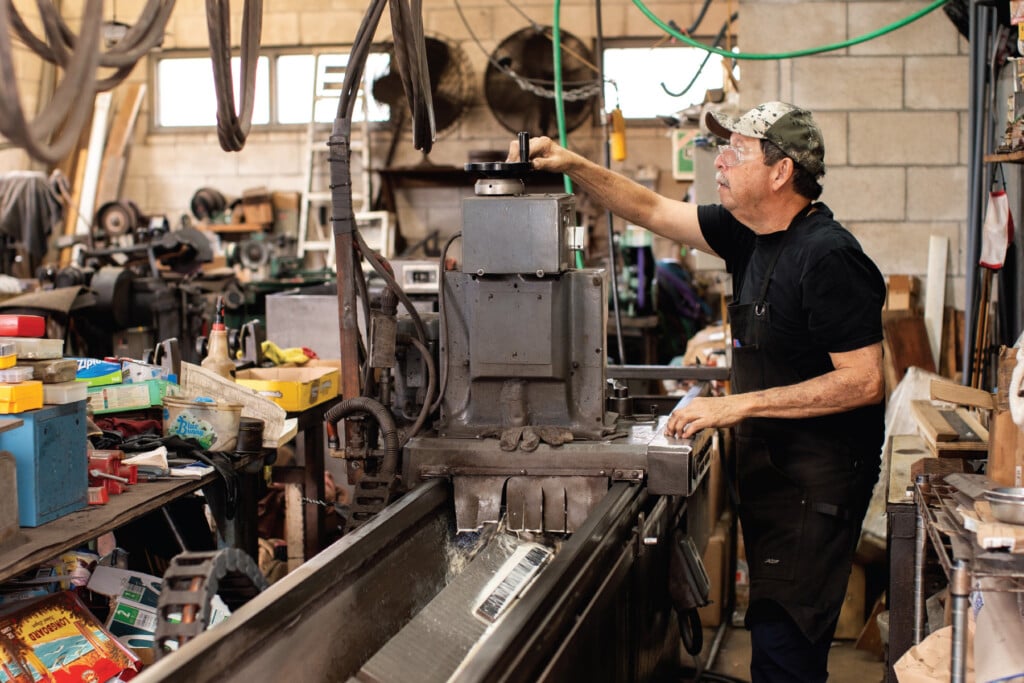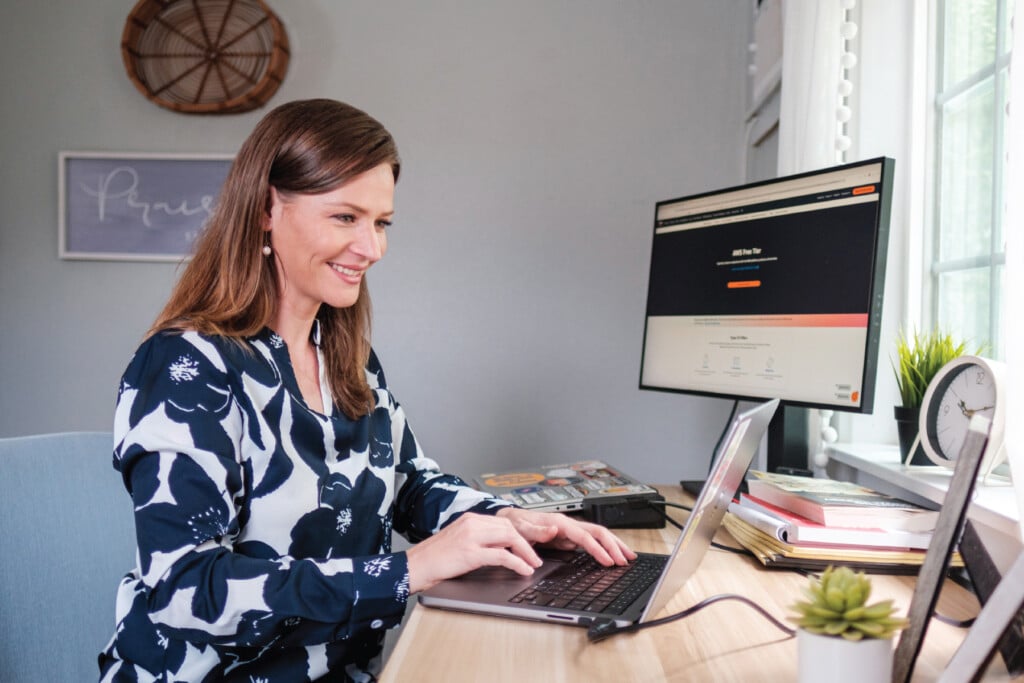My Job: Why Olive Oil? “It’s Liquid Gold”
After Angèl Foster and her husband, Brian, opened Island Olive Oil Co. in 2012, they discovered their company was a lot like an onion, with far more layers than they could have ever imagined.

NAME: Angèl Foster
JOB: Certified Olive Oil Sommelier and Co-president of Island Olive Oil Co.
BEGINNING: After Angèl Foster and her husband, Brian, opened Island Olive Oil Co. in 2012, they discovered their company was a lot like an onion, with far more layers than they could have ever imagined, she says.
Foster says she became a certified olive oil sommelier for a few reasons: She is “a big foodie,” as is her husband, and she also wanted to use her sommelier training to help run their two gourmet olive oil stores, one at Ward Centre and the other in Kailua. The training also provided her with the expertise to teach classes for their customers and write recipes on how to pair this “liquid gold” with different foods.
“We have had a lot of local support,” she says. “We did not build our business based on tourism. It’s a local business for local people.”
MISCONCEPTIONS: As Hawai‘i’s only certified olive oil sommeliers, she says, they feel the need to educate local residents about the health benefits and quality of pure olive oil, while debunking common marketing misconceptions that larger brands have curated for American consumers – for example, the branding myths behind products that say “cold pressed” or “pure extra-virgin” olive oil.
“Cold pressed is an outdated marketing term,” Foster says. “Olive oil isn’t even pressed anymore; it’s crushed, then malaxed, then centrifuged. “It is an incredibly misunderstood food. There’s so much misinformation out there.”
“The general public is used to lower quality olive oil that you get at the grocery store, so when they taste fresh olive oil, it can be confusing to them.”
TECHNIQUE: “Not all olive oils are created equally,” Foster says.
“Olive oil is the only food product that has to be categorized, not only chemically to define what it is, but also through organoleptic sensory analysis. You can’t just say something is ‘extra-virgin olive oil’ just because that’s what it’s labeled. It has to be tasted by someone to certify that that is what it is.”
Foster shows how a sommelier uses a palm-sized tasting glass to warm up the olive oil to room temperature. The glass is cobalt blue, so that the scent is not “seen” through the glass, but instead smelled as it blooms from the heat.
“When you go through sensory analyzing something, you first warm it up, then you take a sniff, then you taste it,” she says.
“It rolls over your tongue and the first thing you’re going to get is the fruitiness aspect, this smell similar to green tomato leaves or a green almond marzipan. In the middle of your palate and tongue is going to taste bitterness. Then when you get it to the back of your throat, that’s the pungency, and it is going to be this peppery, burning sensation. That’s a fresh olive oil.”
CHALLENGES: Olives are not grown locally. “We really don’t have optimal growing conditions for these kinds of crops here; olives need a cold snap, a certain amount of dryness” and temperatures more like those in Northern California, Foster says. “So what we pride ourselves on is bringing in the highest quality and being Hawai‘i’s state experts on this, to help inform our customers and to bring healthy high-quality products in.”
PAY: Depending on the level of expertise and the field, sommeliers can make anywhere from $75,000 to a quarter-million dollars a year, according to Foster.
This interview has been edited for clarity and conciseness.





